Absalom, Absalom!
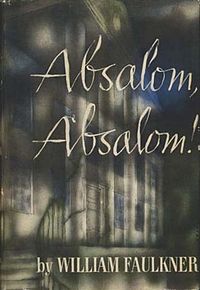 Absalom, Absalom! by William Faulkner (1936). Weaving mythic tales of biblical urgency with the experimental techniques of high modernism, Faulkner bridged the past and future. This is the story of Thomas Sutpen, a rough-hewn striver who came to Mississippi in 1833 with a gang of wild slaves from Haiti to build a dynasty.
Absalom, Absalom! by William Faulkner (1936). Weaving mythic tales of biblical urgency with the experimental techniques of high modernism, Faulkner bridged the past and future. This is the story of Thomas Sutpen, a rough-hewn striver who came to Mississippi in 1833 with a gang of wild slaves from Haiti to build a dynasty.


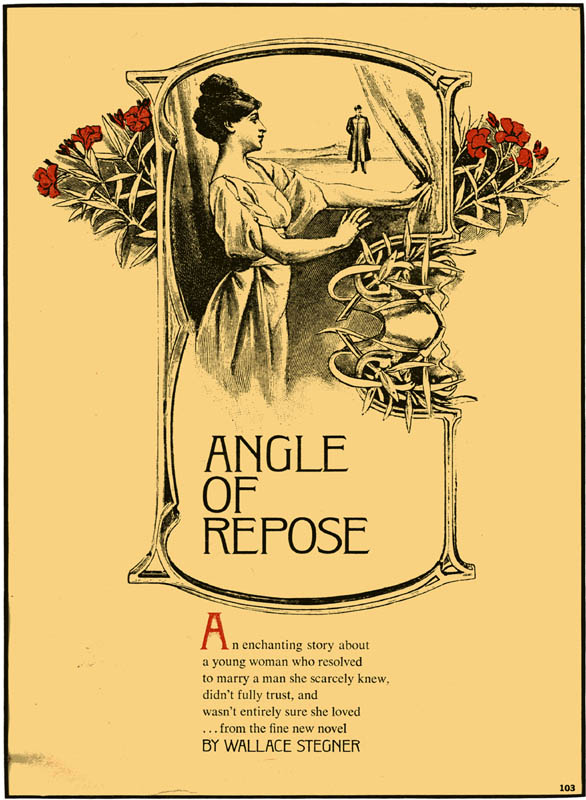
 Answered Prayers
Answered Prayers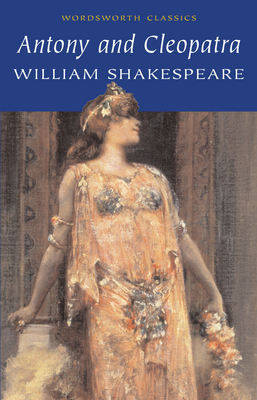 Antony and Cleopatra
Antony and Cleopatra
 Bhagavadgita
Bhagavadgita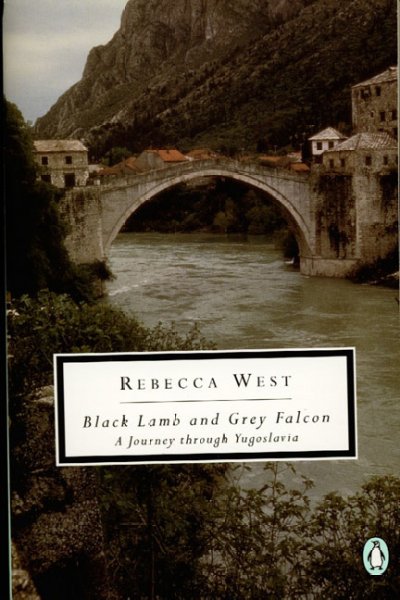 Black Lamb and Grey Falcon: A Journey Through Yugoslavia
Black Lamb and Grey Falcon: A Journey Through Yugoslavia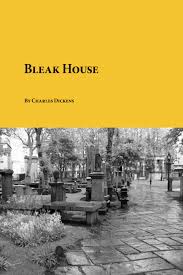 Bleak House
Bleak House